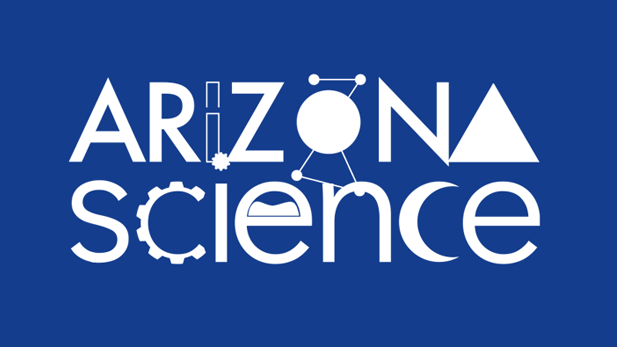 Arizona Science, Fridays on NPR 89.1
Arizona Science, Fridays on NPR 89.1
A massive and new telescope called "ALMA" located in the Chilean Andes is providing researchers with never before seen observations of distant gassy discs that show how giant gas planets form along with their stars. As young stars form, they suck up dust and gas around them, and the remaining material spins into a flat, rotating disk. Planets start out as small clumps in that disk which collide with other small clumps, adding to their masses. Dr. Kratter's research focuses on the formation of planetary systems and says the complex ALMA Telescope will aid scientists in discovering young multiple star systems in the outer reaches of the solar system. Astronomers say the technology that makes ALMA possible only came into existence in the past few years and that it can be upgraded with even more powerful receivers that could probe deeper into space during its 30 year life span.
IN THIS EPISODE
Kaitlin Kratter, Assistant Professor of Astronomy at the University of Arizona
Tim Swindle, Ph. D, Director and Department Head of the University of Arizona's Lunar and Planetary Laboratory

By submitting your comments, you hereby give AZPM the right to post your comments and potentially use them in any other form of media operated by this institution.